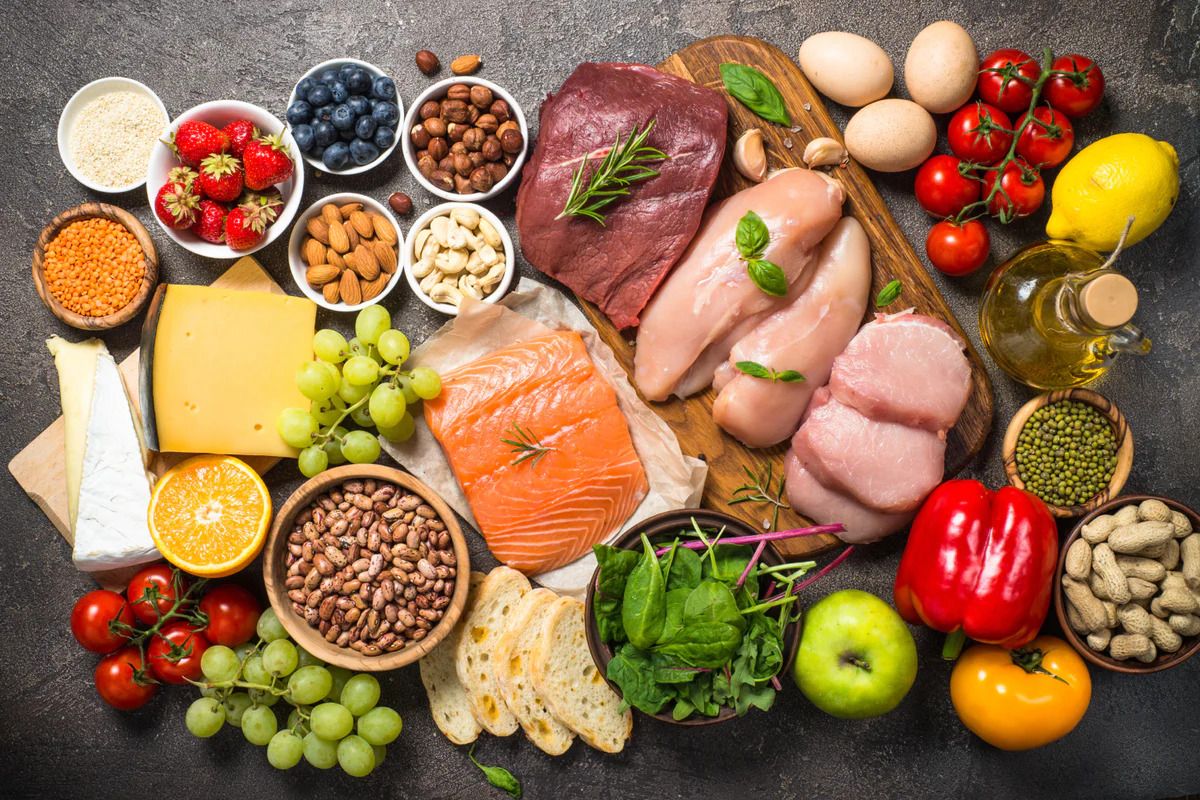
Organic Food Myths Debunked: What You Really Need to Know
LoveFoodReadyMeals – Walk through any grocery store today, and you’ll see shelves packed with items labeled “organic.” From fruits and vegetables to packaged snacks, the organic tag often comes with the idea that it’s healthier, safer, and better for the planet. But how much of that is fact, and how much is clever marketing? In this article, we’ll separate truth from fiction and debunk the most common myths about organic food.
Organic Food Is Always Healthier
Many people assume organic food automatically contains more nutrients. While some studies suggest certain organic crops may have slightly higher antioxidant levels, the difference is often small. Nutritional content is influenced more by soil quality, freshness, and how the food is prepared rather than whether it’s organic or not. Choosing organic apples over conventional ones doesn’t guarantee better health — but both are still excellent sources of fiber and vitamins.
“Read More : Foreign Tourists Share Travel Tips in Indonesia: Avoid Drinking Tap Water”
Organic Means Pesticide-Free
One of the biggest misconceptions is that organic farming uses no pesticides at all. The truth? Organic farmers can and do use pesticides, but they must be derived from natural sources rather than synthetic chemicals. While these options are often considered less harmful, natural pesticides can still affect the environment if overused. So, “organic” doesn’t equal “zero chemicals.”
Organic Food Tastes Better
Some swear organic produce tastes richer and fresher. While flavor can sometimes be influenced by farming methods, it’s not a guarantee. Freshness and seasonality play a bigger role than the organic label. For example, a locally grown conventional strawberry in peak season may taste far better than an organic strawberry shipped halfway across the world. Taste often depends on where and how food is grown — not just whether it’s organic.
“Read More : Eat clean without nutritional deficiencies”
Organic Food Is Always Better for the Environment
It’s true that organic farming avoids synthetic fertilizers and pesticides, which can reduce soil and water pollution. However, organic farming often requires more land and resources to produce the same yield as conventional farming. That means its environmental impact isn’t always lower. Sustainable farming methods, whether organic or not, may matter more in reducing the ecological footprint.
Organic Food Is 100% Safe
Some people believe organic food is completely safe from contamination. In reality, food safety depends more on handling, storage, and hygiene practices. Organic products can still carry bacteria like E. coli or salmonella, especially in raw produce. Washing fruits and vegetables thoroughly remains important, regardless of whether they are organic or not.
Organic Food Is Always Worth the Higher Price
Organic foods often comes with a higher price tag due to stricter certification standards and smaller-scale farming. But is it always worth it? The answer depends on your priorities. If avoiding synthetic pesticides and supporting organic farming practices is important to you, then yes. But if your main goal is better nutrition, conventional fruits and vegetables still provide essential vitamins and minerals at a lower cost.